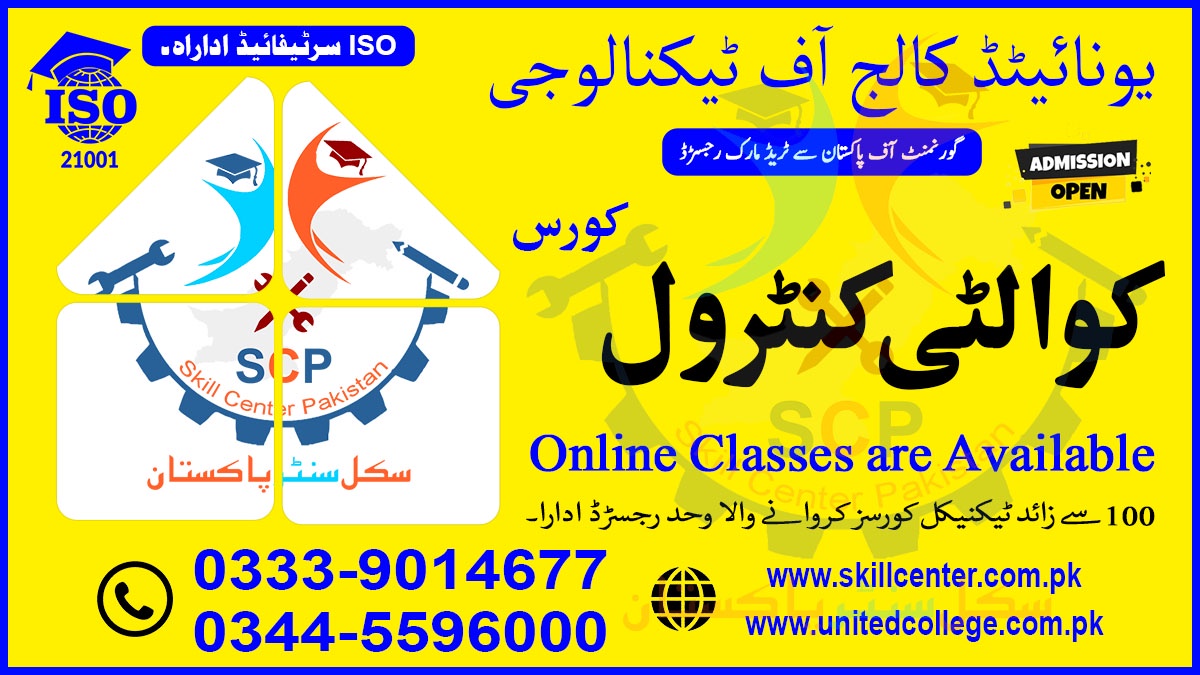Here are ten ideas to enhance your Quality Control Course:
-
Practical Case Studies: Incorporate real-world case studies and examples that illustrate quality control challenges and solutions in different industries. This helps students understand how to apply the concepts and techniques in practical scenarios.
-
Guest Speakers: Invite industry experts or professionals with experience in quality control to share their insights, experiences, and best practices. This provides students with valuable perspectives from the field and enhances their understanding of real-world applications.
-
Hands-on Exercises: Include hands-on exercises and simulations where students can practice using quality control tools and techniques. This allows them to gain practical experience and reinforces their learning.
-
Site Visits: Organize visits to manufacturing plants, laboratories, or organizations known for their quality control practices. Seeing quality control processes in action helps students connect theory with real-world implementation.
-
Quality Control Software: Introduce students to popular quality control software tools used in the industry. Allow them to explore and practice using these tools, such as statistical analysis software or quality management systems.
-
Collaborative Projects: Assign group projects that require students to apply quality control principles and methodologies to solve specific quality-related challenges. Encourage collaboration and foster teamwork among students.
-
Industry Research: Assign research projects where students investigate quality control practices and trends in specific industries or sectors. This promotes independent learning and exposes students to the latest advancements and best practices.
-
Continuous Improvement Discussions: Encourage discussions on continuous improvement concepts and methodologies, such as Lean Six Sigma or Kaizen. Explore how these approaches can be integrated into quality control processes for ongoing enhancements.
-
Quality Control Audits: Simulate quality control audits, where students act as auditors and assess the effectiveness of quality control systems in hypothetical scenarios. This exercise develops critical thinking skills and enhances their ability to identify areas for improvement.
-
Networking Opportunities: Facilitate networking opportunities for students to connect with professionals and organizations in the quality control field. This can include guest lectures, industry events, or alumni networking sessions. Networking helps students expand their professional contacts and gain insights into potential career paths.
By incorporating these ideas into your Quality Control Course, you can create a dynamic and engaging learning experience that prepares students to excel in quality control roles and contribute effectively to organizations.


No comments yet